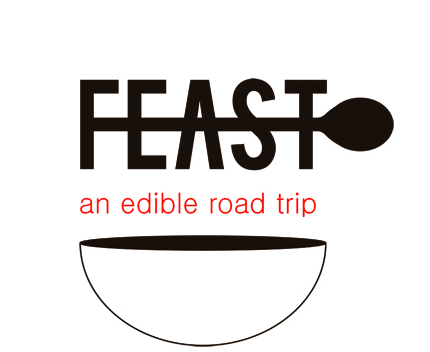From Pollination to Intoxication
Art Andrews started hobby beekeeping in the 90’s, managing just two hives. His hobby became more involved as he acquired more and more hives, eventually quitting his full time job and, with his wife Cherie, establishing the Chinook Honey Company which now manages over 280 hives. They’ve opened a beautiful shop filled with honey-based products including soaps, lotions, flavoured honeys, honeycomb, and even honey ice cream!
Chinook also provides regular tours in order to educate consumers about the difficulties of keeping hives healthy and safe, and the importance of honey bees in our own food system. There are numerous pollinating species in our ecosystem, including flies, gnats, beetles, butterflies, hummingbirds and bats. Honey bees are among the most important of these, however, because of their sophisticated communal systems and intelligent communication networks. A hive of 50 000 bees can cross-pollinate 25 million flowers in a day, a feat no other collection of pollinators can achieve. Honey bees are remarkable creatures, and because they are such efficient pollinators, they form the basis of our agricultural system.
More recently, Art and Cherie have also opened a mead (honey wine) production facility on site.
Mead is one of the oldest alcohols known to humankind, and was widely consumed throughout the centuries. During medieval times, mead was an integral part of the marriage ritual. The bride and groom were supplied with one moon’s (or one month) supply of mead. The consumption of this matrimonial brew was believed to provide good luck and good fertility to the new couple, and eventually spawned the term ‘honeymoon’.
Mead has fallen out of mainstream production for a number of reasons, including urbanized populations and the introduction of sugar. Honey used to be hand-pressed from the combs, a process which could not retrieve all of the honey that was contained. The pressed combs were then soaked in water and the resulting mixture was used to make mead. In 1865, the first centrifugal honey extractor was invented, which meant more honey could be extracted from the comb, leaving less for mead making. Since then, mead has fallen out of commercial production, and today it is produced as a small-scale artisanal craft. Chinook Honey Company is the first commercial meadery to open up in Alberta.
The honey Chinook produces is mainly alfalfa and clover honey. Their meads are made with a blend of different honeys, of which at least 80% are their own. The remaining 20% is a mixture of blueberry or blackberry honey from BC. Yeast naturally occurs in honey, so if left long enough, fermentation is bound to happen. Because honey is a complex sugar, the fermentation process is slower than with other alcohols such as beer or wine. At Chinook, it takes 2 months to transform honey, water, and yeast into mead, which is then aged in bottles for another few months before it’s sold.
Chinook produces a variety of meads ranging from classic meads, to fruit and herbal blends. You can find them in these stores, or simply head south from Calgary to their facility, sit in on a fascinating tour about honey bees, and taste a few meads!
Tastings are free, but they accept donations to help support World Vision Bee Hives, an organization that donates bee hives to families in order to pollinate their crops and sell the honey for income.
We greatly enjoyed our time at Chinook and left with a bag full of golden sweet goodies, a deeper appreciation for how bees ensure our nourishment, and a new love for the ancient craft of mead making.
-DV
